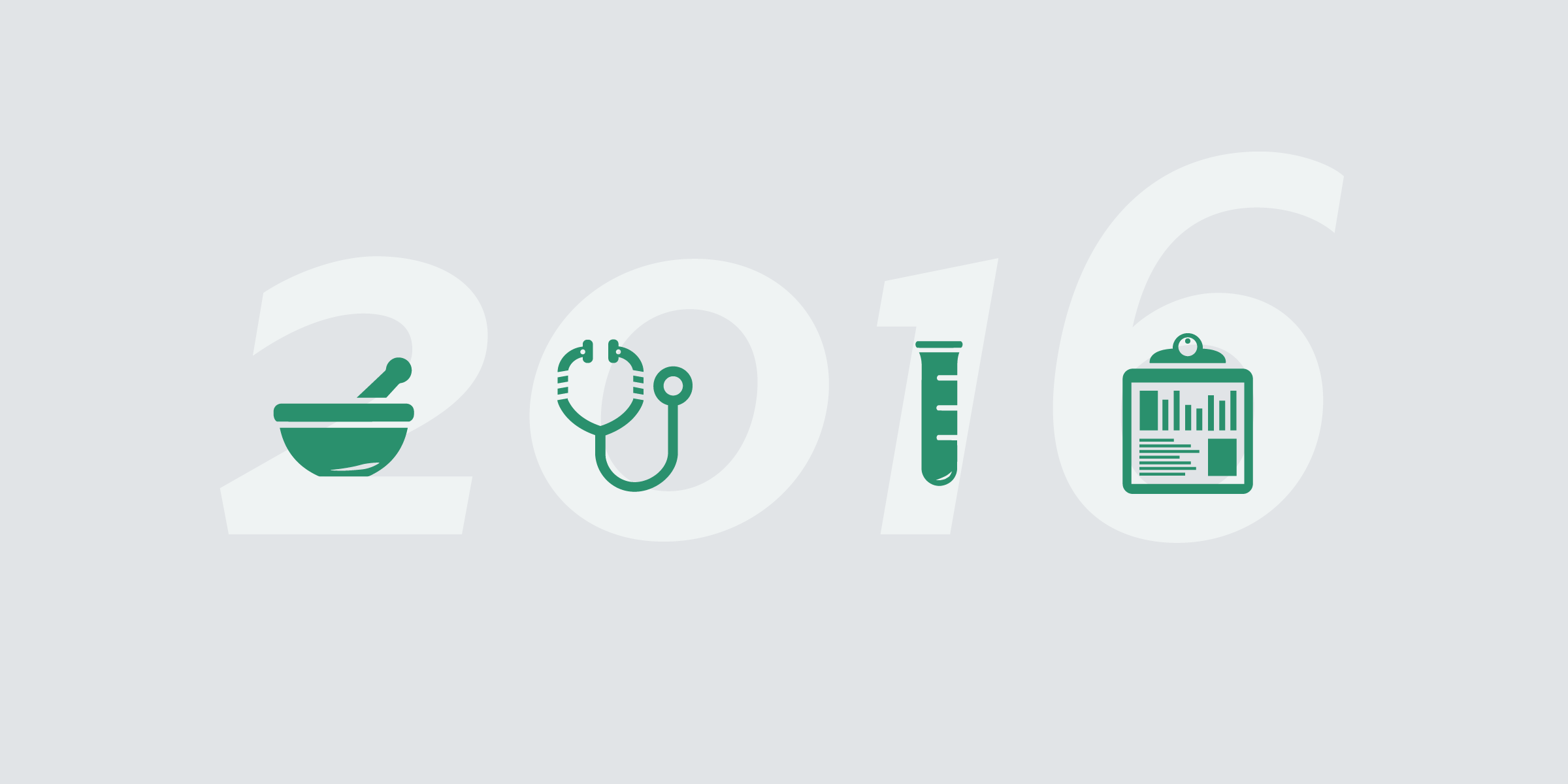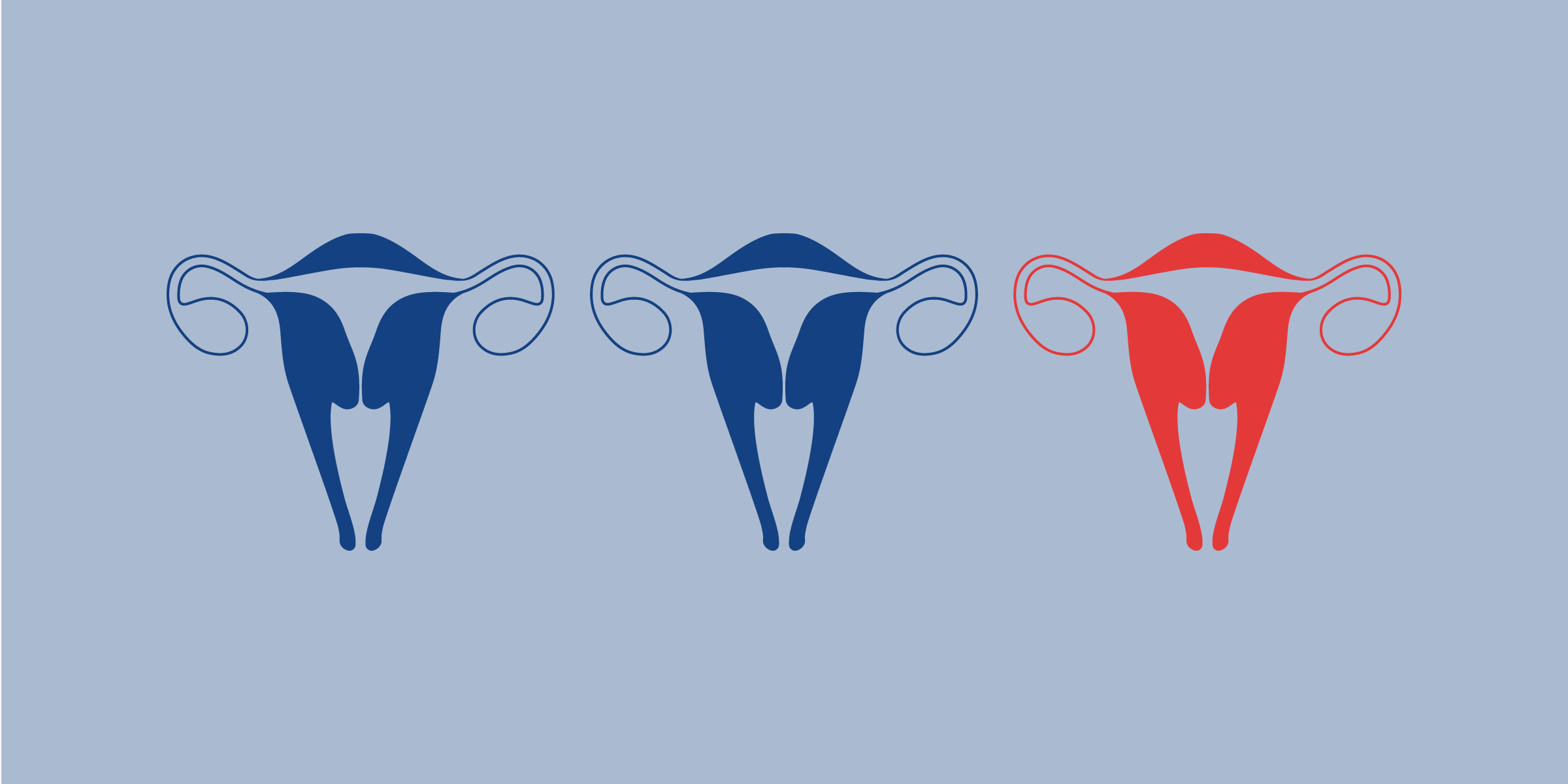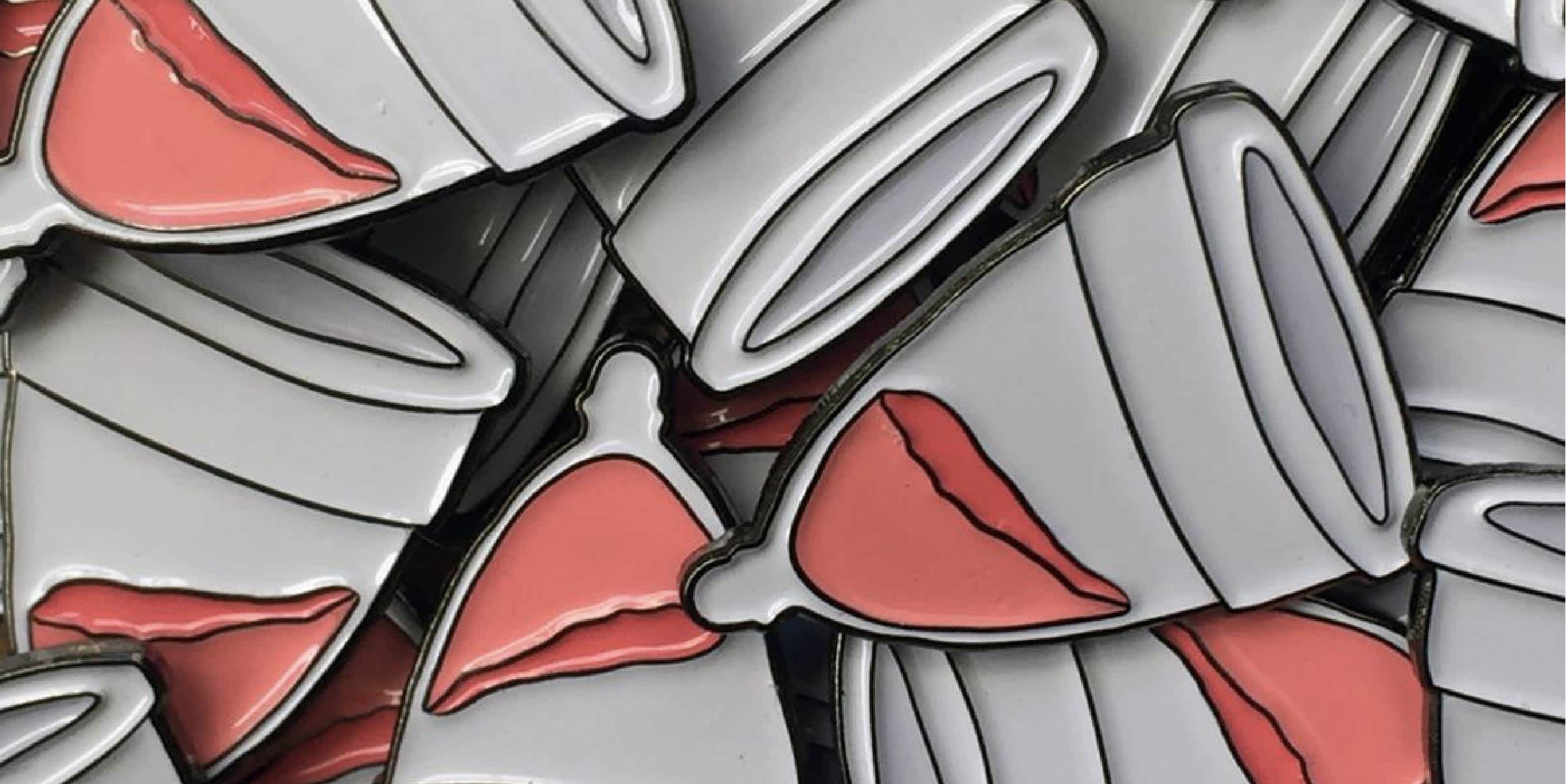
Sex, sensation, and the menstrual cycle
The way sex feels can change throughout your cycle. Something that felt great on day 14 may be less comfortable...
Anna Druet is a researcher and formerly Clue’s Science and Education lead.
The way sex feels can change throughout your cycle. Something that felt great on day 14 may be less comfortable...
I’d heard that experiences of menopause vary, but there’s one thing I wasn’t prepared for: my skyrocketing sex drive.
The way your cervix feels to the touch will change throughout your menstrual cycle.
PCOS is a common disorder, but it remains undiagnosed and unmanaged in most people who have it
When a pelvic floor is strong, organs are well supported and firmly in place.
There are several science-backed ways to reduce sudden period cramps. Most effective treatments are easy, low-risk, and inexpensive options...
Managing perimenopause depends on the experiences you have
Your menstrual cycle is an indicator of your body’s overall functioning.
Have periods always needed code words? Where did these words come from, and how did they come about?
What is "normal" vaginal discharge? Everything you need to know, from color, to consistency, to odor.
If you have access to a legal abortion, here is what to expect.
Getting your first period is a sign that you’ve reached the beginning of your reproductive years
Understanding why and how frequently miscarriage occurs can help people process the experience.
How to know when your period is going to start
We spoke to Jennifer Weiss-Wolf, the author of “Periods Gone Public,” about what menstrual equity means.

















